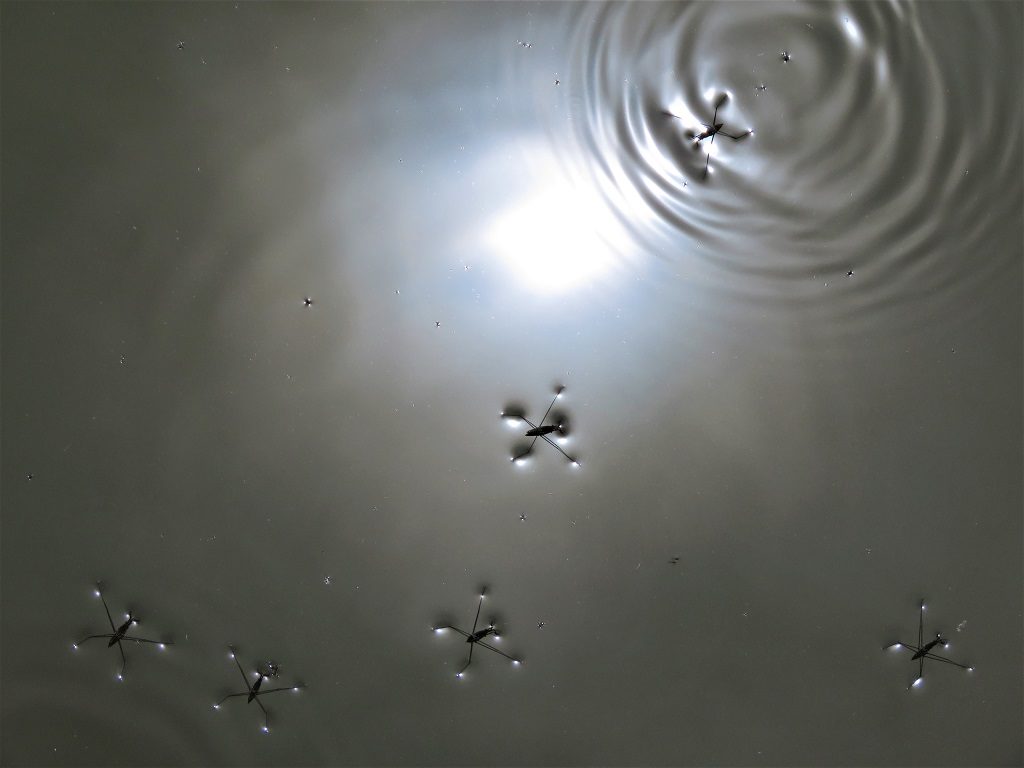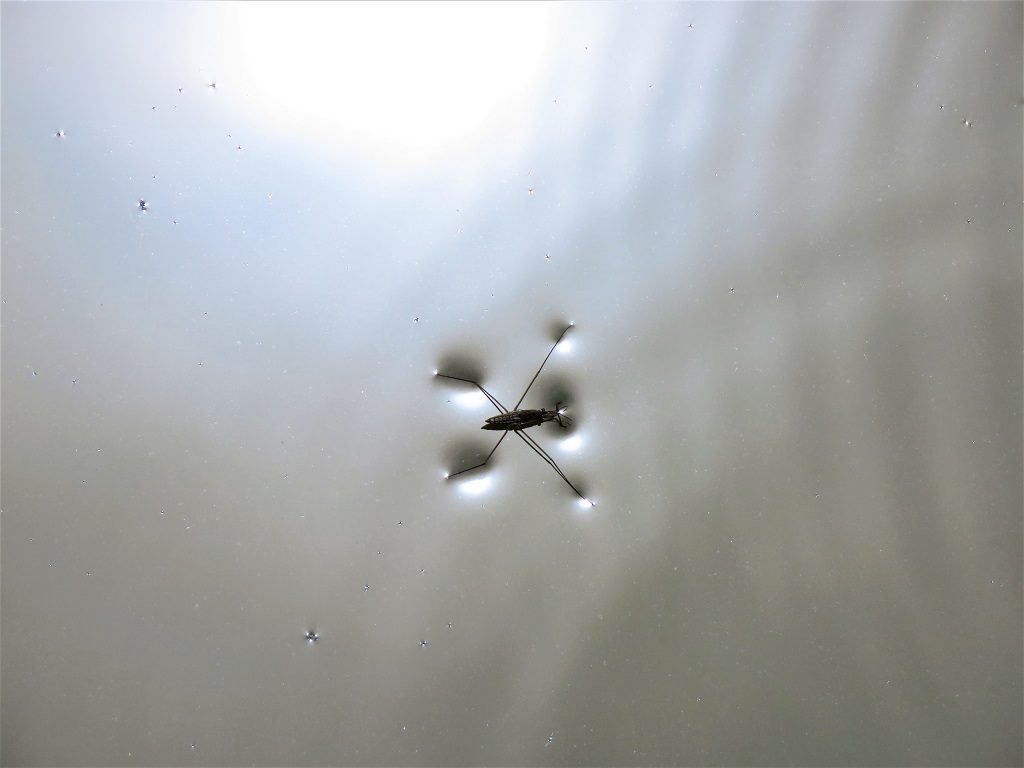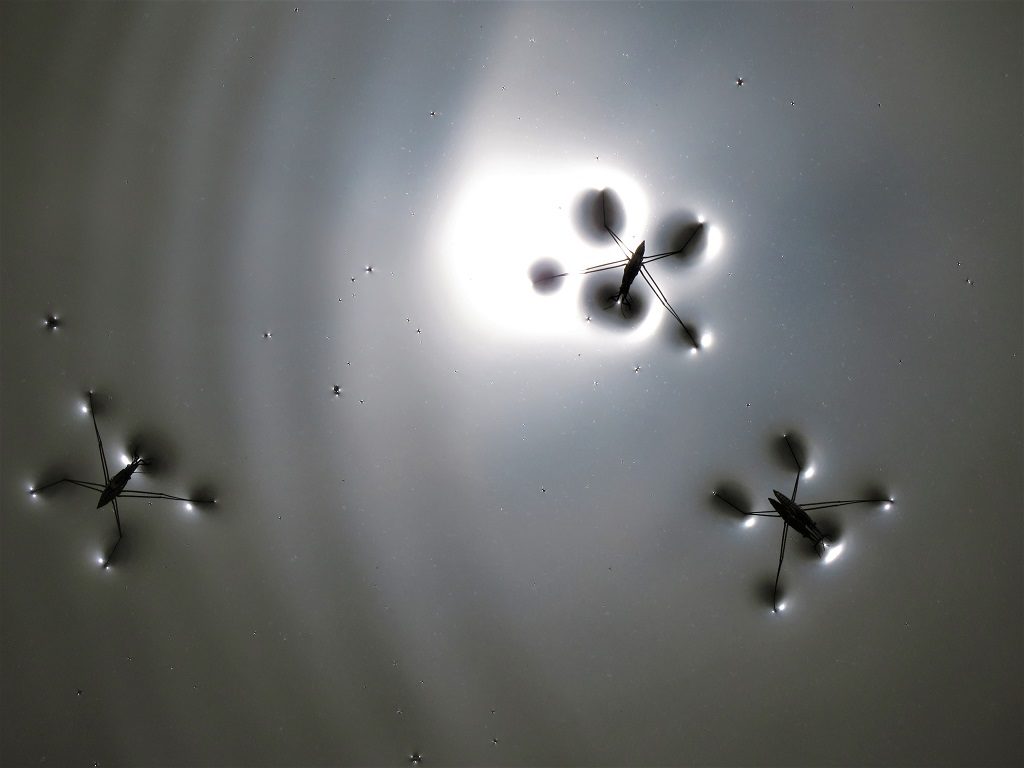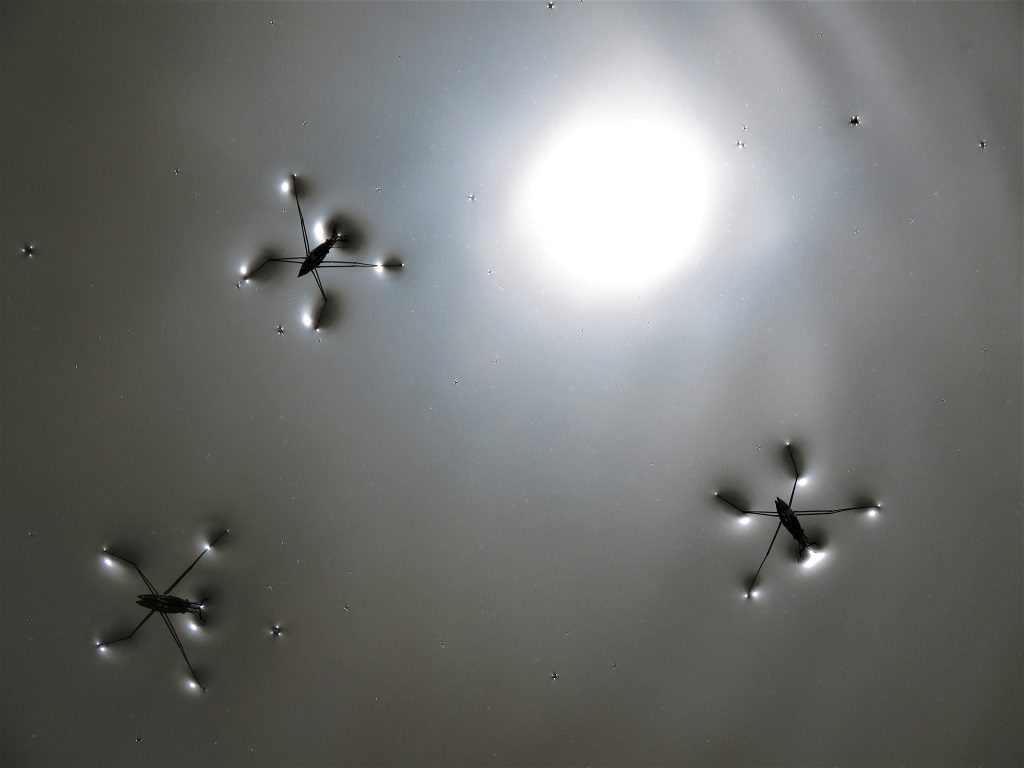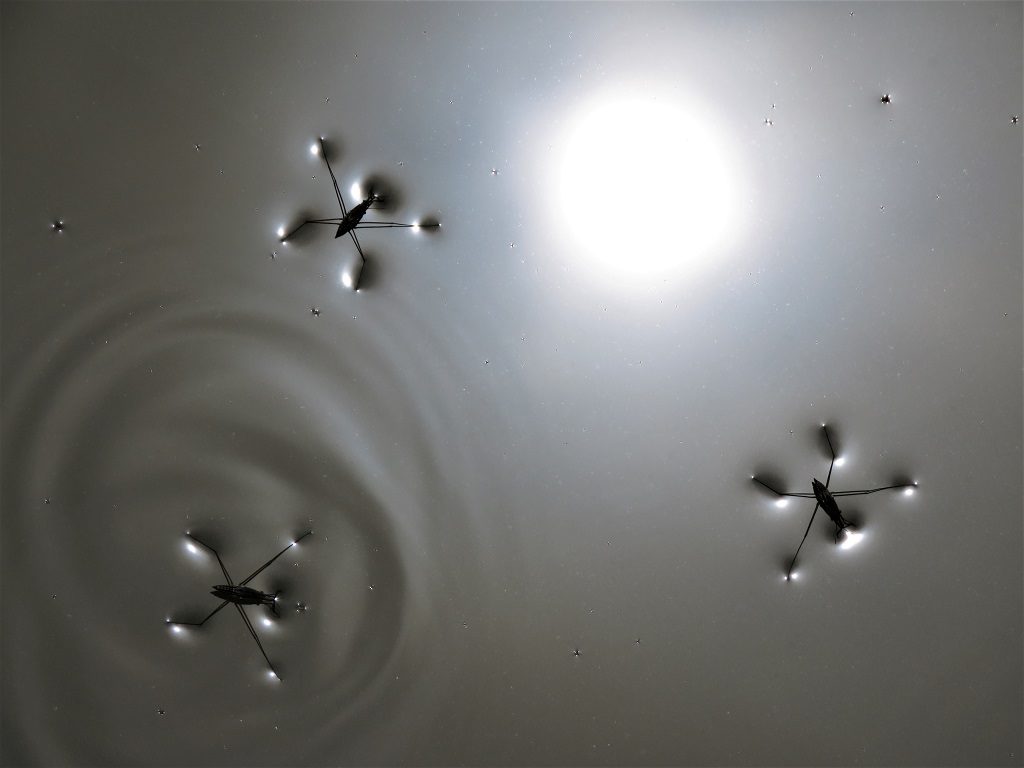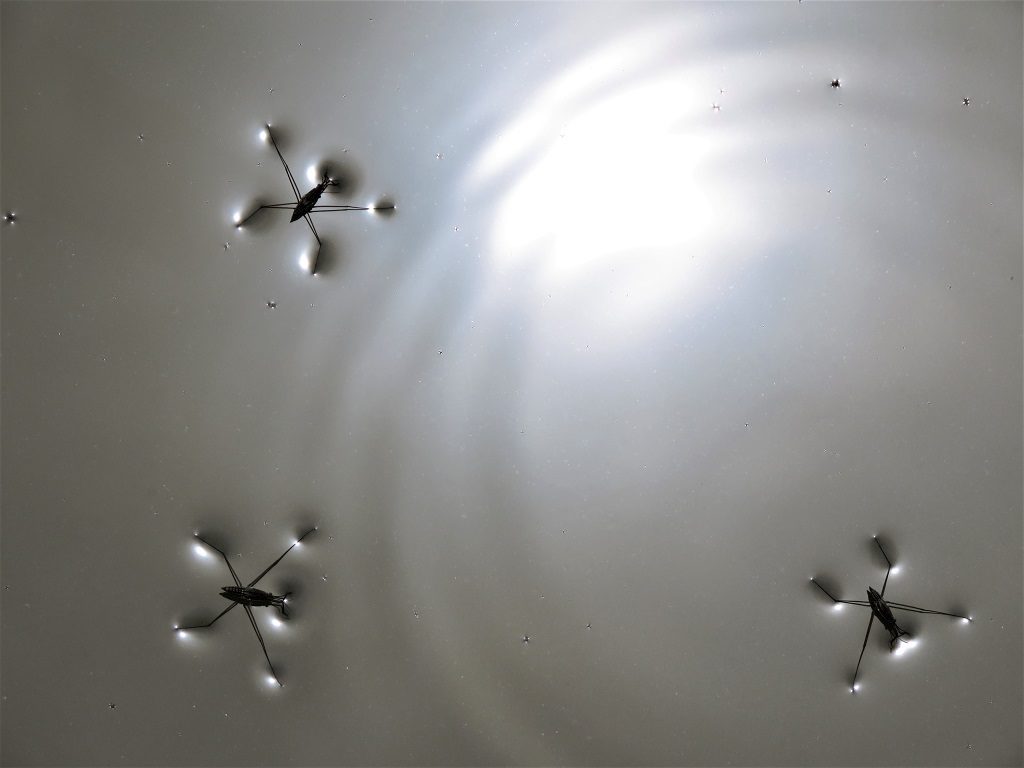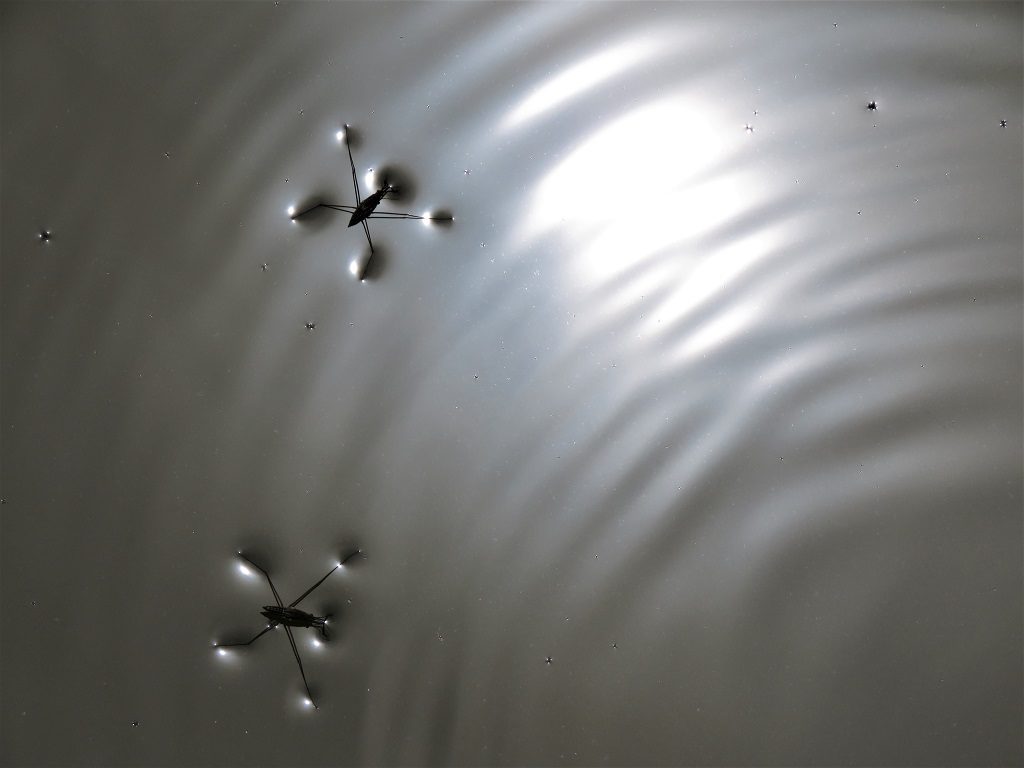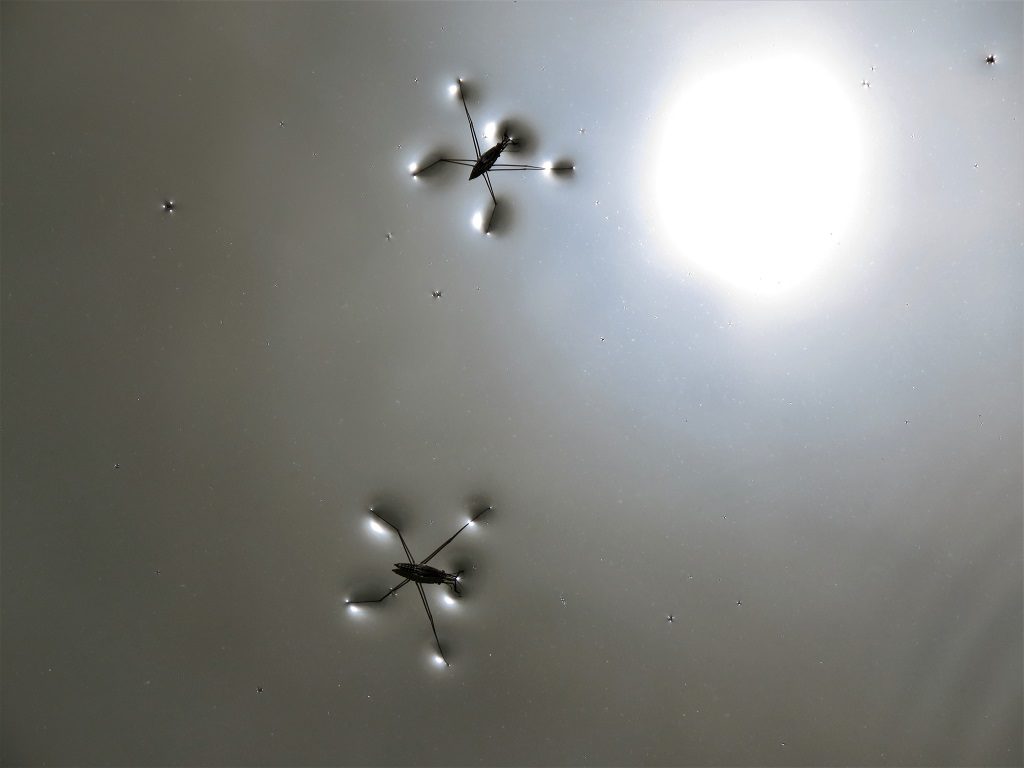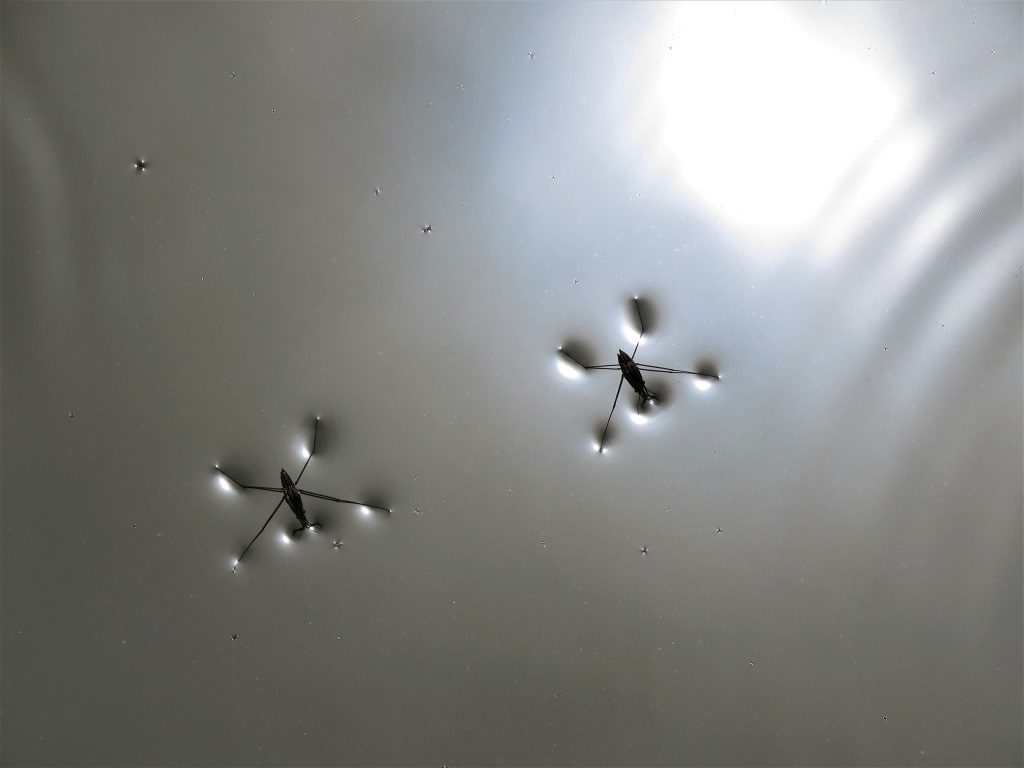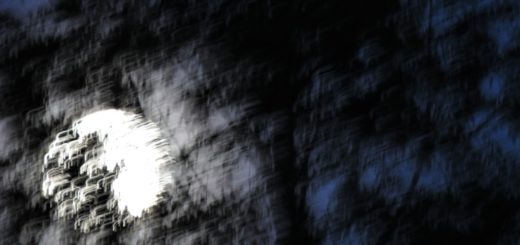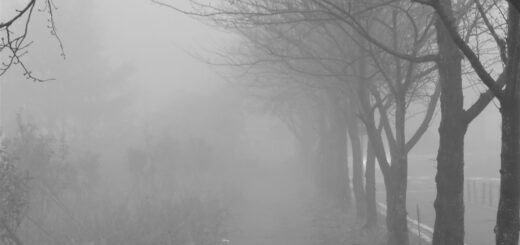The Noise and The Silence
Today is full of the noise. Every moment, the mindless chatter of the most mindless of chattering creatures, the late-modern slave, cuts through every thought, interrupts every quiet intake of breath, disturbs the rhythm of every calm reflection.
I walk to the pond, a cup of coffee in my hand and a camera around my neck, hoping for a peaceful moment of escape from the slaves. But even there, among the lotuses and hoopoes, they surround me, rushing every heartbeat, drowning every drying idea with their senseless and incessant interjection. They do not know, or more likely do not care, that they are slaves. They talk and laugh and snort precisely to avoid noticing, to evade the need to care. Most of all, they make noise because silence is hateful to them. Silence is thought. Silence is self-awareness. Silence is the stillness that leaves the soul alone with itself, the very condition that most frightens and disturbs the obedient slave, who has been taught, and has learned well, that being alone and thoughtful means being bad. Hence, silence, the soul’s natural condition, is immoral.
Sickened by the noise of the slaves, feeling a new headache pressing upon me, I look for a place to hide, as though escaping from today were possible. I look down, into the pond. And then, somehow, I find the embodiment or crystallization of the precious silence that has been stolen from me. There it is, right below me, on the surface of the noonday water. I stare into that living, moving silence, attempting, with intense focus, to turn that surface into a protective spiritual wall with which to deaden the noise of the laughing, chattering groups of life-oblivious humans around me. Down there, on the surface of the pond, living like gods on the outermost sphere of the heavens, the unhuman, unchained, unlimited, silent thinkers dart here and there without fear or resistance, as even human souls might aspire to do, if there were any men who still had contact with their souls.
Somehow, amid all this unsettling and enveloping noise of thoughtlessness, a glimmer of past possibilities had found its way to the surface of things, affording me an implausible moment of freedom — an escape from the noise. I had found exactly what I needed, the living image of purification for this dirty time: minds moving upon silence.
Long-Legged Fly
W.B. Yeats
That civilisation may not sink,
Its great battle lost,
Quiet the dog, tether the pony
To a distant post.
Our master Caesar is in the tent
Where the maps are spread,
His eyes fixed upon nothing,
A hand under his head.
Like a long-legged fly upon the stream
His mind moves upon silence.
That the topless towers be burnt
And men recall that face,
Move most gently if move you must
In this lonely place.
She thinks, part woman, three parts a child,
That nobody looks; her feet
Practise a tinker shuffle
Picked up on a street.
Like a long-legged fly upon the stream
Her mind moves upon silence.
That girls at puberty may find
The first Adam in their thought,
Shut the door of the Pope’s chapel,
Keep those children out.
There on that scaffolding reclines
Michael Angelo.
With no more sound than the mice make
His hand moves to and fro.
Like a long-legged fly upon the stream
His mind moves upon silence.
